Managing Remote Working like a Pro
Remote working has never been more popular. Driven by necessity during the recent pandemic, the trend for flexible, home and hybrid working now looks like...
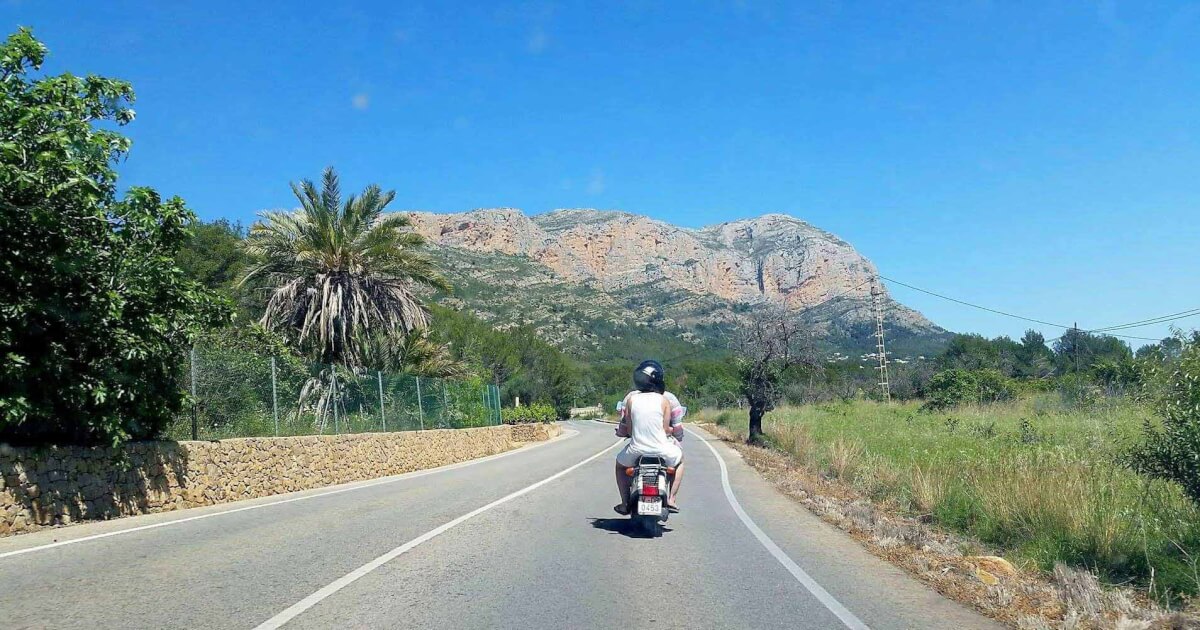
###What is a Digital Nomad?
Over the last year, the noise around 'Digital Nomads' has been growing. The number of Twitter bios touting the lifestyle has been on the up. There is even a cruise for digital nomads.
In a nutshell, a digital nomad is someone who can work from their laptop. They might be a freelancer, or they may be managing their business online (or both). Either way, they've perfected the art of funding a life of travel through their online trade.
So that's the definition, but, what's the human part of the story?
To get to the bottom of what it really means to be a digital nomad, we decided to ask one. Makes sense, right?
####Meet Alisa. Wanderer. Designer. Digital Nomad.
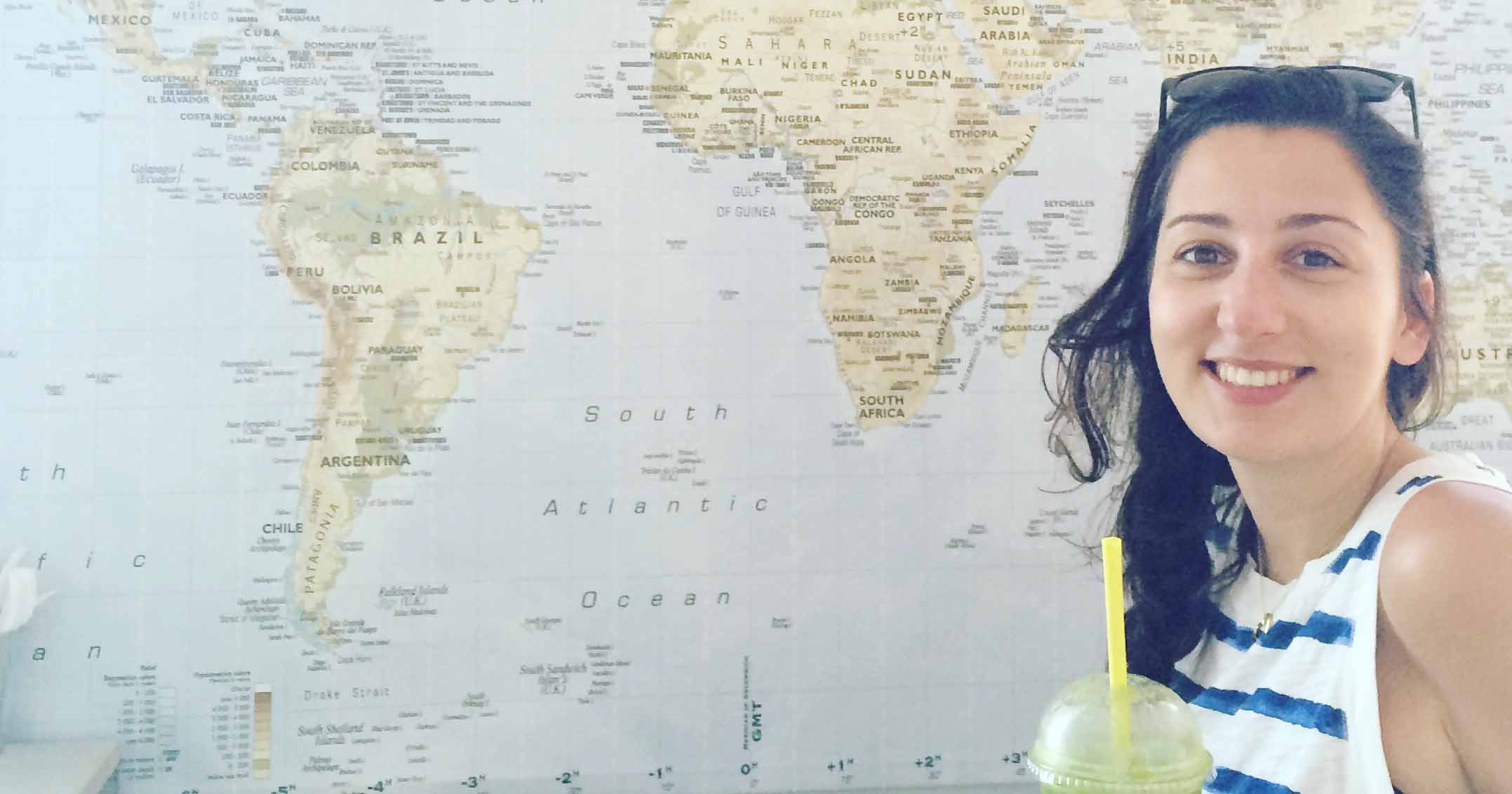
I have been a freelance UX/UI designer for six years now and specialise in creating digital products (responsive websites and iOS apps) for a wide range of clients.
Over the years they've included Google, Virgin, Coca-Cola, Soho House, Marks & Spencer and many tech startups. I love the idea that I can design something from my laptop - and that can be used by millions of people across the world. I find it really empowering!
I have also run a few small businesses on the side. Most recently I launched an eBay store plugin for Wix.com.
I now work and travel, following the sun and moving between co-working spaces around the world, staying roughly 4-6 weeks in each destination. In the last year I have been to San Francisco, Budapest, Tarifa in the south of Spain, Gran Canaria, New Zealand, Barcelona, Javea in Spain, back to Tarifa, Lisbon and I'm now deciding where to go next.
####What made you want to be a digital nomad?
I became a digital nomad in April 2015. My goal has always been to “work from anywhere in the world". I didn’t know how or in what industry and I definitely had never heard the term ‘digital nomad'. All I knew was that I wanted to be flexible, in charge of my own schedule and able to design my own life. I wanted freedom.
I grew up in London and spent the first 4 years after graduating working really hard. Learning how to be a good designer, learning how to run a business, networking, finding clients, building a reputation for myself, earning as much money as I could, working with fast paced startups, trying to be a good example of a woman working in tech - as well as creating my own small businesses on the side.
I literally didn’t stop - no holidays, no breaks, I just worked and after 4 years of this I was exhausted and one day my mind and body just shut down. I had burnt out.
It took me almost a year to recover and I remember thinking this couldn’t be it. There had to be another way, a better option. There was no point me working so hard to be ‘successful’ if it sacrificed my health and happiness in the process.
I had been too busy working to even question this. So I used my burnout as a wakeup call and opportunity to re-evaluate what I wanted. I went in search of a new way of doing things and this is where I first heard the term ‘digital nomad.’
I started reading blogs like WebWorkTravel, books like the 'The 4-Hour Workweek' by Tim Ferriss and Remote by 37 Signals and with that I also stopped accepting in-house freelance jobs, even though they paid really well. I started only accepting remote projects. I then packed a suitcase and hit the road. I had no savings, just a 4 week freelance gig and enough money to last me the month. I just had to go.
####How has working as a remote freelancer changed your perspective about work and life?
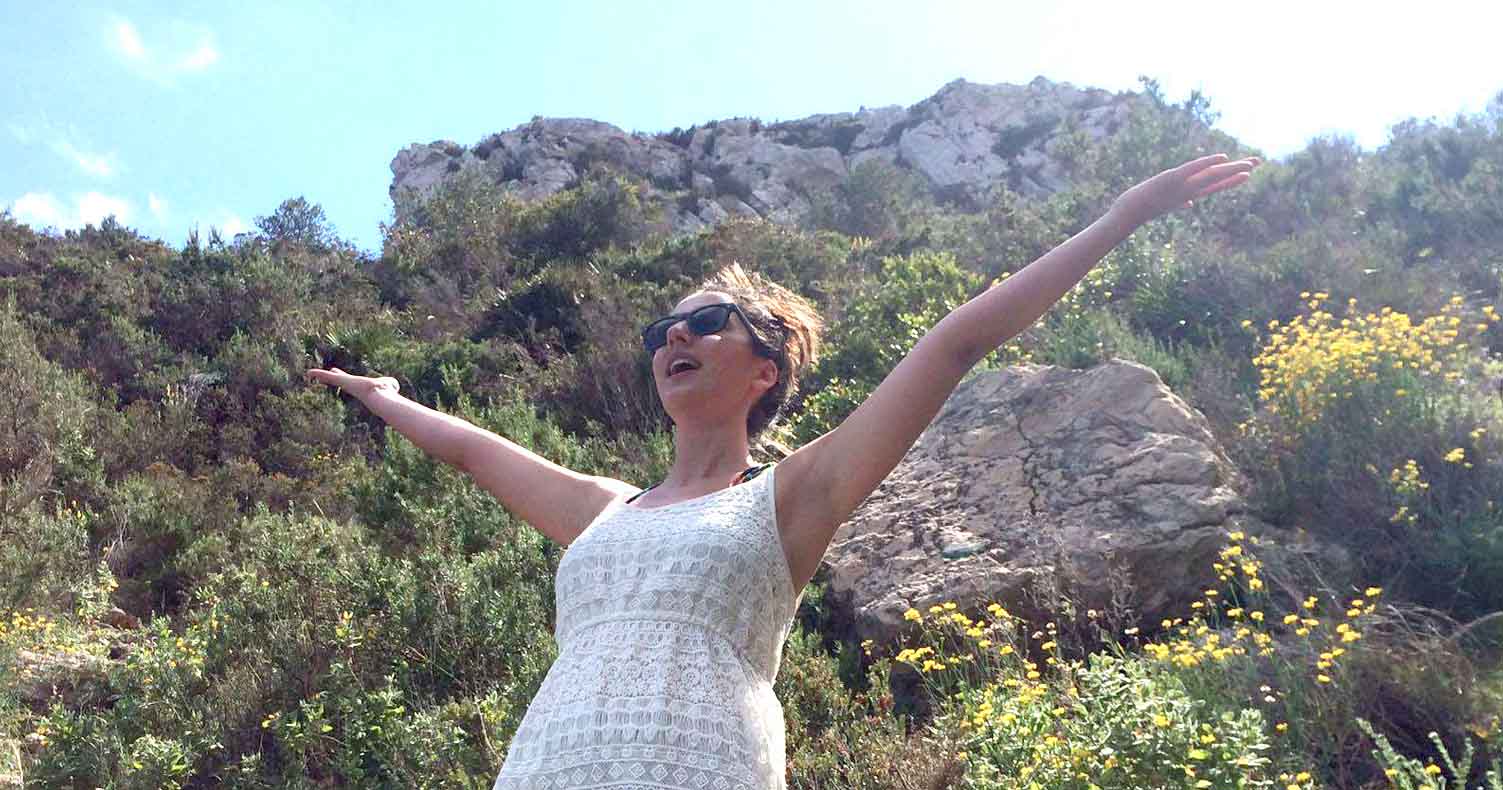
Now my work has to fit around my life not the other way round.
I value time and health more than the mainstream idea of success that I grew up with (Make lots of money, buy a flat in London etc…). Time is something I cannot gain more of therefore I don’t plan on wasting it working towards things I don’t need.
Of course I need money in order to live and travel, but I don’t need nearly as much I thought I did. I now travel where I want following the sun and wifi, living by the beach and eating good healthy food (no more lunches in Pret a Manger). I no longer have a 2 hour daily commute, I don’t feel anxious on Monday mornings and after work I often hit the beach for a walk, swim or to watch an incredible sunset.
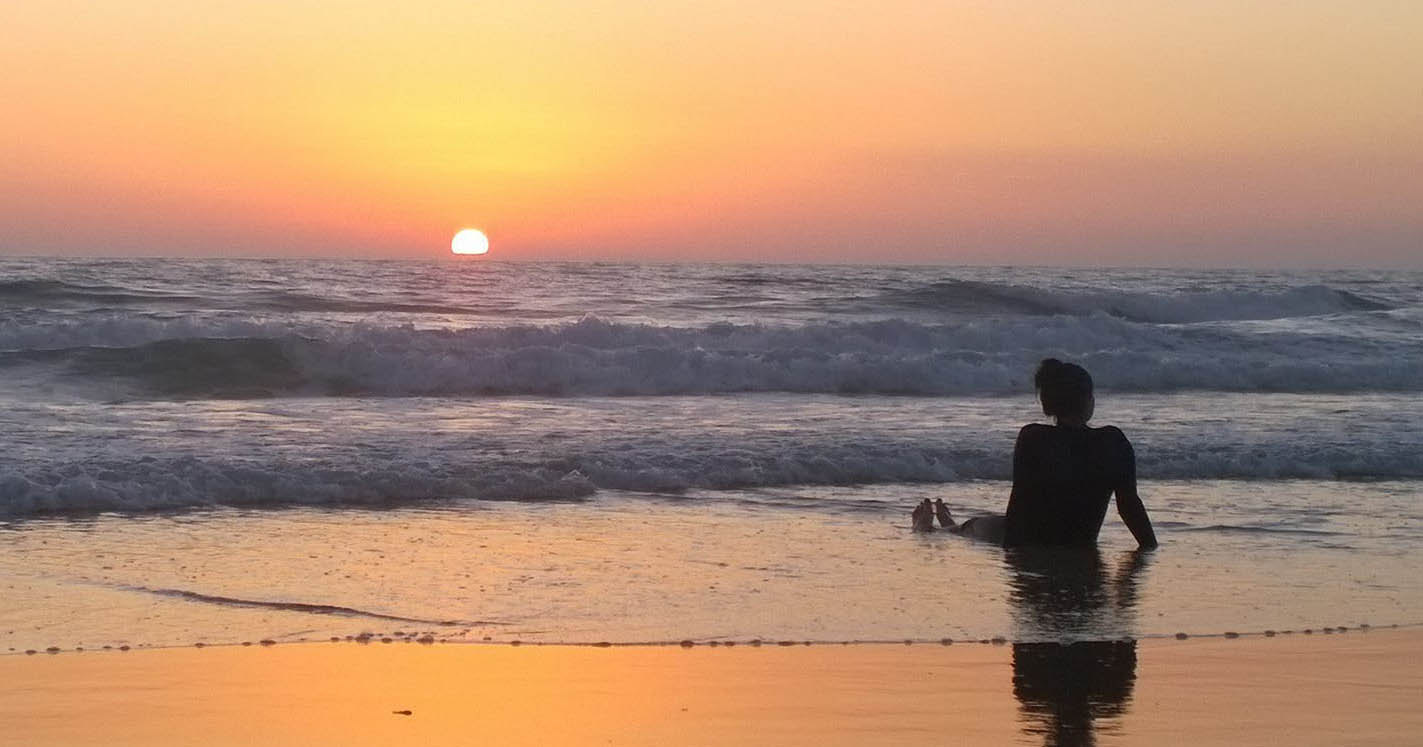
#####Quality Time
I now LIVE everyday, not just for the weekend or for some distant date in the future. I live in the now and aim to create quality time. Quality time where I don’t feel stressed or tired, but can instead learn new skills, nurture friendships and try new things like surfing, hiking and yoga.
I find that if i feel happy and balanced and am constantly feeling inspired and learning new skills, then this makes me more productive and creative, which benefits not only myself but also my clients. It’s a win-win.
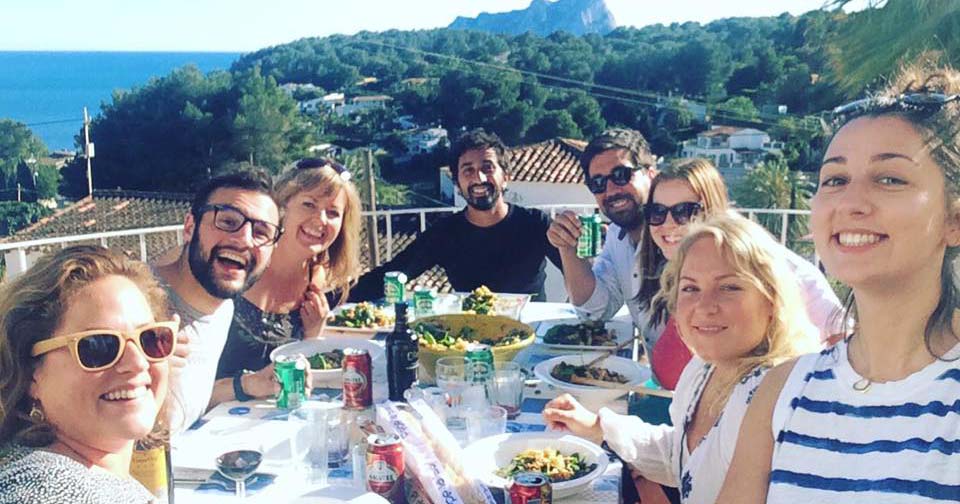
####How is working remotely different to working in an office? Have you had to make any adjustments to your working style to accommodate the differences?
I had to change my client type. When I was freelancing in London I use to work in-house most of the time for design agencies or large companies. From my experience these kind of clients want you in-house – the whole team is in-house and they are genuinely a little harder to persuade to let you work remotely.
So I decided to focus more on my startup clients, most of which are seed funded or have just raised their first round of investment. They have been much more flexible and open to remote working. They don’t care where I am as long as I am available to Skype and get the work done. They understand that remote working is the future.
I also fly back to London approximately every 3 months to touch base with clients and to see family. Also, if I’m needed for a really important meeting, most of the time I’m in Europe so I can be back in London within a few hours.
####Where to work as a Digital Nomad?

Finding great places to work has been key. In an office you usually have a team and people around you. Working remotely can get lonely if you always work from home or alone in coffee shops, so I choose to work from co-working spaces.
I love co-working spaces and tend to plan my travels jumping from one to another. When I’m traveling I’m still working - despite what some people think i’m not on holiday. Finding a good co-working space allows me to really get my head down and work. When everyone else around you is working, you do the same.
Co-working spaces also give you access to an instant community. They attract inspiring individuals who are also nomads or entrepreneurs from a wide range of nationalities, backgrounds and industries. For me this has been the best thing about becoming a nomad. Being surrounded by like-minded people who inspire you on a daily basis. Not only do we work, live and socialise together but we also support each other and share skills and knowledge which benefit our own businesses.

Some great ones I have worked from are:
· Sun & Co, Javea, Spain
· La Cocotera – Tarifa, Spain
· Biz Dojo, New Zealand
· CoWorking C, Gran Canaria
####How do you manage your finances from abroad?
I still earn in pounds but spend in all different currencies. I’ve used Transferwise to pay for co-working spaces, accommodation and even to pay for cool things like surfing lessons.
Their website is just so easy! And I’m saying that as a UX/UI designer who critiques every website and app I use with a harsh eye.
I don’t have to think, its done within a few minutes.
Check out Alisa's website or follow her on Twitter.
Want to give the digital nomad lifestyle a shot? Check out our 8 practical tips for working as travelling freelancer.
*Please see terms of use and product availability for your region or visit Wise fees and pricing for the most up to date pricing and fee information.
This publication is provided for general information purposes and does not constitute legal, tax or other professional advice from Wise Payments Limited or its subsidiaries and its affiliates, and it is not intended as a substitute for obtaining advice from a financial advisor or any other professional.
We make no representations, warranties or guarantees, whether expressed or implied, that the content in the publication is accurate, complete or up to date.
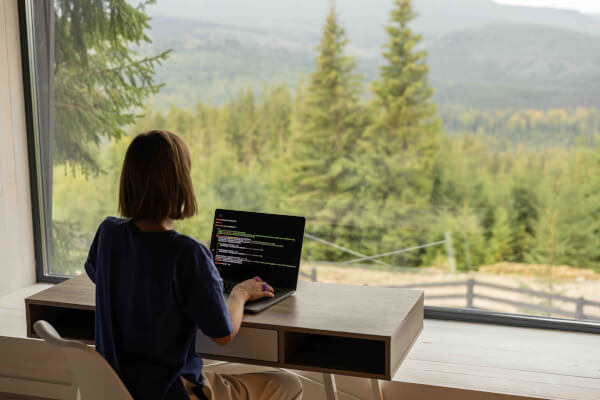
Remote working has never been more popular. Driven by necessity during the recent pandemic, the trend for flexible, home and hybrid working now looks like...
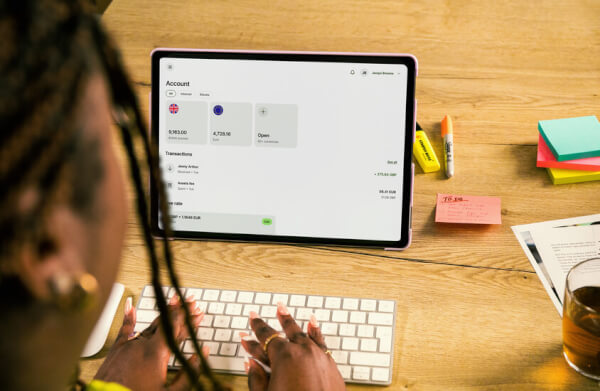
Getting paid by international clients as a freelancer can be tricky. Check out our guide to learn the best ways to get paid from abroad without losing on fees.

Essential advice for freelancers in Singapore, covering taxation and best practices for managing your finances effectively.

Freelancing and want to know which freelancer platform to choose - read our review of Upwork to help you decide.
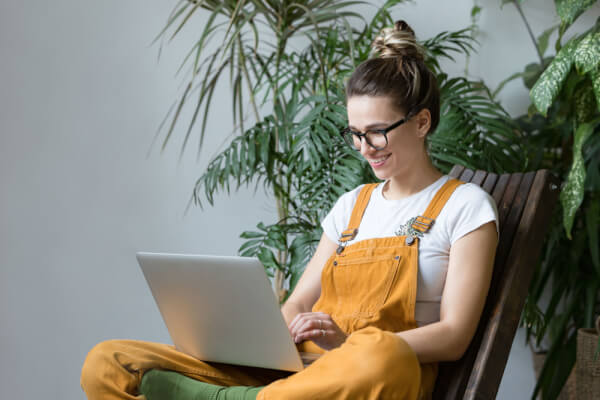
There are three ways to withdraw money from Fiverr; the first two methods are provided by Payoneer, while Paypal provides the third method.
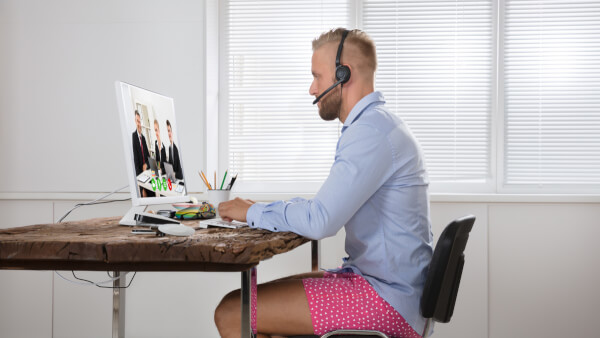
work from home jobs. customer service, writer, editing and proofreading, software engineering, web design, product design.